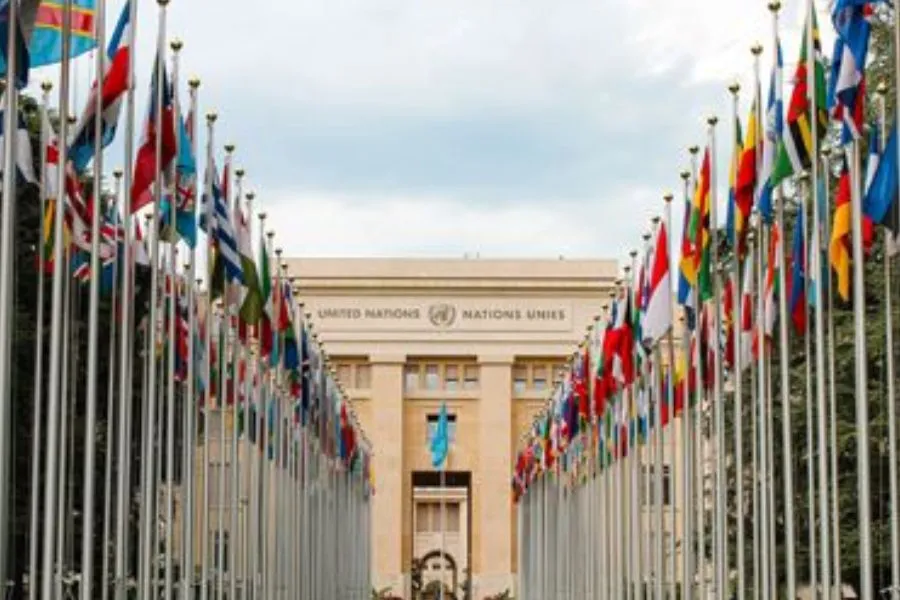Nairobi, 13 October, 2023 / 8:56 pm (ACI Africa).
UK-based human rights foundation, Christian Solidarity Worldwide (CSW), has criticized the failure by the United Nations Human Rights Council (UNHRC) to continue a resolution that allows for investigation into abuses in the Tigrayan crisis in Ethiopia.
On October 4, the deadline passed for the tabling of the resolution that would have enabled continued independent scrutiny of the human rights situation in Ethiopia.
According to CSW, the deadline was allowed to lapse despite the publication of a report by the Council-mandated International Commission of Human Rights Experts on Ethiopia (ICHREE) a day earlier that concluded that “all … of the Common Risk Factors for atrocity crimes” were present in the country.
CSW’s UN Officer, Claire Denman, said that the foundation was “deeply disappointed” by the UN Council’s failure to renew the resolution on Ethiopia.
Ms. Denman noted that “grave violations and abuses persist” across the country, which is in the horn of Africa.








